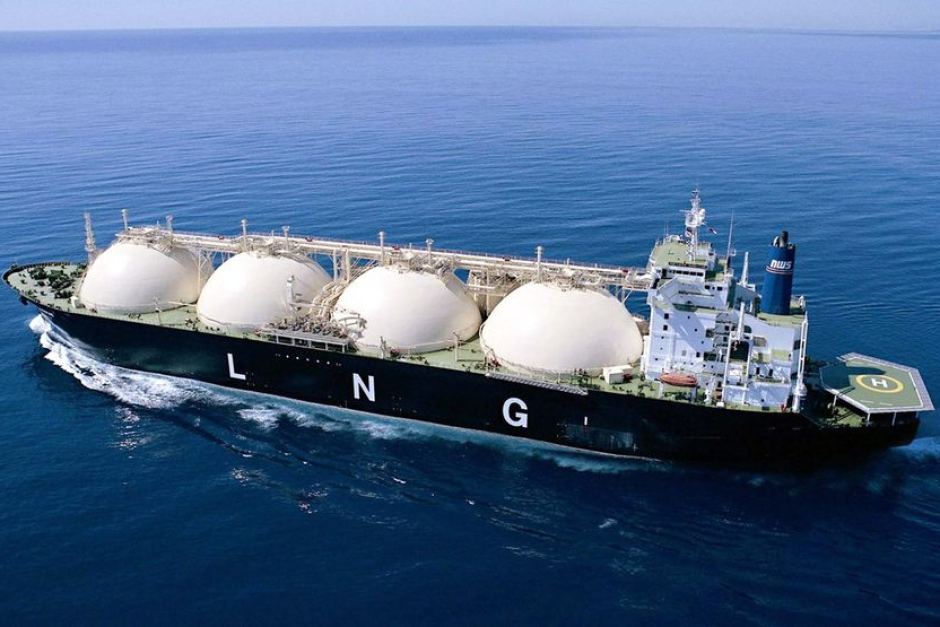What are the challenges the United States is facing to shore up ties with unsatisfied allies in the Middle East and North Africa (MENA) region and tackle today’s energy crisis? The Italian Institute for International Political Studies (ISPI) has asked several experts to comment on this issue at a time when Washington is striving to strengthen bonds with its major Middle Eastern allies, as it seeks to deal with the dire effects of the Ukraine war on global energy and food security. Washington’s attempts to encourage oil-producing countries like Saudi Arabia, the UAE, and Qatar to increase their output and reduce Europe’s dependency on Russian imports, have thus far failed to achieve any substantive results, as OPEC member states have announced they would stick to the oil production plan so far agreed with Russia. Unlike Doha, Riyadh and Abu Dhabi dodged Western appeals, triggering a debate about whether they can step in to fill the gap.
From their side, Gulf monarchies are disappointed at what they consider a declining US commitment to their security, epitomized by Washington’s stance on the Iran nuclear deal as well as on the recent attacks from the Houthi rebel group. American demands also overlap with the growing ties between Arab Gulf states and China. These seem to have broken new ground as Riyadh and Beijing are now considering using the Chinese yuan for future Saudi oil sales. To date, both the US and the EU have refrained from sanctioning Russia’s energy industry without alternative arrangements for Russian natural gas. European leaders, notably from the UK and Germany, have travelled to Gulf capitals to secure their energy needs. The five-day tour by US Secretary of State Anthony Blinken to Israel, Morocco, and Algeria to expand economic and diplomatic cooperation with key US partners, however, failed to achieve tangible results in the energy sector.
“The Gulf Arab states find themselves at the centre of an international energy crisis, with diplomatic and financial leverage,” says Karen Young, Senior Fellow and Director at the Middle East Institute. “OPEC+ has meant that Russia is more part of that leverage, but for the UAE and Saudi Arabia, this also means tremendous opportunity for profit-taking in a tight oil market, perhaps new market share.” Giorgio Cafiero, CEO and Founder, Gulf State Analytics, notes that “officials in the UAE are upset with many aspects of the Biden Administration’s foreign policy, from nuclear negotiations with Iran to the suspended F-35 deal and Yemen. Abu Dhabi is making its frustrations with Washington known.” Cafiero adds that Gulf states are keen “to assert its increased autonomy from the US in a multipolar world. Yet, Abu Dhabi does not want to walk away from the US, which remains the UAE’s security guarantor.”
Guy Burton, Adjunct Professor at Lancaster University points to the somewhat tenuous relationship between the US and Saudi Arabia that “seemed to break new ground the other week when Riyadh and Beijing proposed to use the Chinese yuan to pay for future Saudi oil sales. If it happens, it will boost Chinese ambitions to make the yuan a global currency and make the Saudis less reliant on the dollar.” However, Burton argues that “the Saudi-Chinese move may not be enough in itself [if only because] dollars make-up more than 80% of world trade while the yuan makes up 2%.” Mohammadbagher Forough, Research Fellow at GIGA, highlights four challenges that stand out for Europe: Insufficient LNG infrastructure, most of the Qatari LNG being locked in long-term contracts and cannot be diverted to Europe at will, Qatar LNG exports are down due to its mega trains outage, export infrastructures across the Middle East being exposed to military attacks by armed groups, Europe’s dependence on another set of actors, such as the GCC and the US – and later perhaps Iran if JCPOA is reinstated. Therefore, as Forough argues that “these exporters can use their newly found prominence to leverage the EU countries geopolitically. Natural gas is a good short-term option, but the best strategy for the EU would be to use this gas as fuel for an accelerated transition towards the net-zero emission goal by 2050, as outlined in the European Green Deal.”




